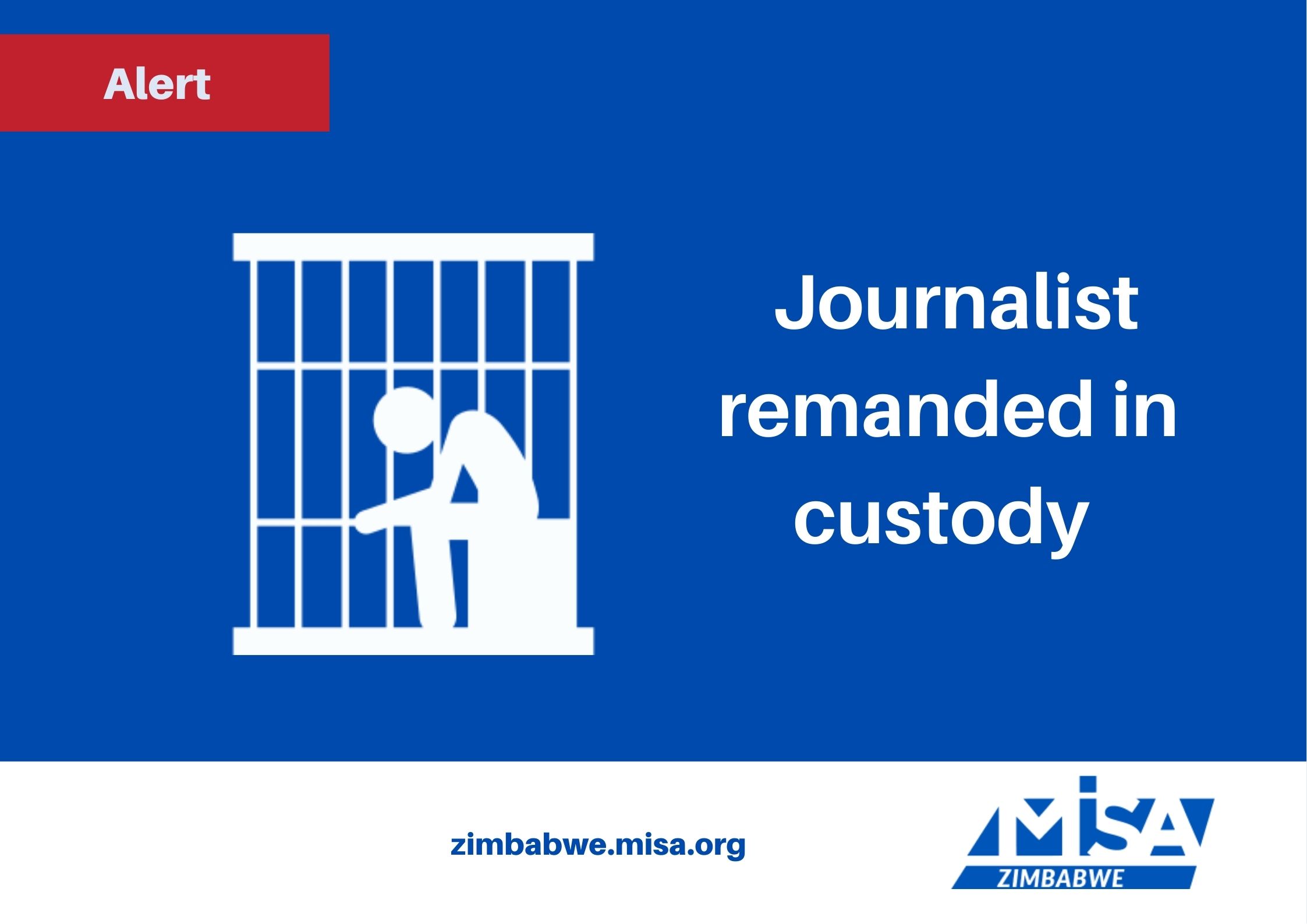MISA Malawi shares its Way Forward recommendations for defending media freedom, freedom of expression and access to information to mark World Press Freedom Day 2020.
[highlight1]MEDIA PROFESSIONALISM AND INDEPENDENCE[/highlight1]
Promote media self-regulation
Encourage media houses and journalists to apply for accreditation by the Media Council of Malawi (MCM), which has been revived to ward off government plans to regulate the media. Accreditation of journalists by MCM will not only promote professionalism and accountability but will also help safeguard media freedom and independence.
Curb political interference at Malawi Communications Regulatory Authority
Lobby for the review of the Communications Act (2016) to ensure the independence of the Malawi Communications Regulatory Authority (MACRA). In 2019, MACRA banned live broadcasts and phone-in programs, largely seen by the sector as a government attempt to gag private media critical of the state. MACRA has also been asking radio and television stations to send them programmes for vetting before broadcasts. MACRA needs to be independent to promote and defend media independence and professionalism.
Free MBC from political interference
The Malawi Broadcasting Corporation is used as a propaganda tool and mouthpiece of the party in power despite provisions for its independence under the Communications Act of 2016. MISA Malawi and free expression advocates should push for the review of the Communications Act and lobby for MBC’s independence. This should include the appointment and security of office for the position of Director-General of the Broadcaster. The board and the Director-General should be appointed by an independent commission through a transparent and competitive process.
[line]
[highlight1]FAKE NEWS[/highlight1]
Fight fake news through professional journalism
Malawi is currently experiencing an unprecedented proliferation of fake news. This not only undermines the credibility of the media sector; it also risks the government enacting legislation to criminalise fake news which might be abused to limit and even target independent journalism. Traditional media platforms and journalists should debunk and fight fake news through accurate and professional content.
[line]
[highlight1]Safety of Journalists[/highlight1]
2019 witnessed unprecedented attacks on journalists by party functionaries, including Members of Parliament, the police, and members of the public.
Investigate and prosecute crimes against journalists
Demand that police investigate and prosecute cases involving the assault, harassment or unlawful detention or arrest of journalists and other media practitioners conducting their lawful professional duties.
Promote a greater understanding of journalism’s watchdog role
Media houses and media advocates should sensitise officials and party cadres about the media’s role in preventing abuses of power and safeguarding democracy.
[line]
[highlight1]FREE EXPRESSION AND THE LAW[/highlight1]
Repeal Section 4 of the Protected Flag, Emblems and Names Act
Lobby parliament to repeal Section 4 of the Protected Flag, Emblems and Names Act which makes it a crime to ‘insult, ridicule or show disrespect to the President, the National Flag, the Armorial Ensigns and the Public Seal.’ Malawi has registered several cases where people have been jailed for insulting the President under this Section.
Repeal Section 181 of the Penal Code
Continue to push Malawi’s government to repeal Section 181 of the Penal Code or amend it to prevent abuse. It reads: ‘Every person who in any public place conducts himself in a manner likely to cause a breach of the peace shall be liable to a fine … and to imprisonment for three months.’ The Section is too broad and often abused to suppress dissent.
[line]
[highlight1]ACCESS TO INFORMATION[/highlight1]
Set a date for the implementation of the ATI Act
The Minister of Information and Communications Technology needs to set a date for the commencement of the Access to Information Act. Malawi’s president passed the law in February 2017 but the minister responsible is yet to set a date for the law to come into effect. MISA Malawi and civil society organisations need to continue lobbying government to implement the ATI Act.
[line]
[highlight1]NEW MEDIA AND ICTS[/highlight1]
Review the Cyber Security Act
Push for parliament to amend the Electronic Transactions and Cyber Security Act (2016). Enacted to regulate online transactions, including online communication, the Act contains several clauses that limit online expression. Several people have been arrested for posting online content deemed ‘unsuitable’ under the Act. This causes people to censor what they put online and limits internet access and uptake.
Promote universal access to ICT services
Lobby government to put in place strategies promoting universal access to ICT services as provided for in the National ICT Policy of 2013. As it stands, low levels of computer literacy, extensive Internet services, poor infrastructure and erratic power supply continue to limit advances in ICTs.
[line]
You can download a PDF copy to print and share.
You can also take a look at the Way Forward 2020 recommendations for MISA Zimbabwe, MISA Lesotho, MISA Mozambique and MISA Zambia.













